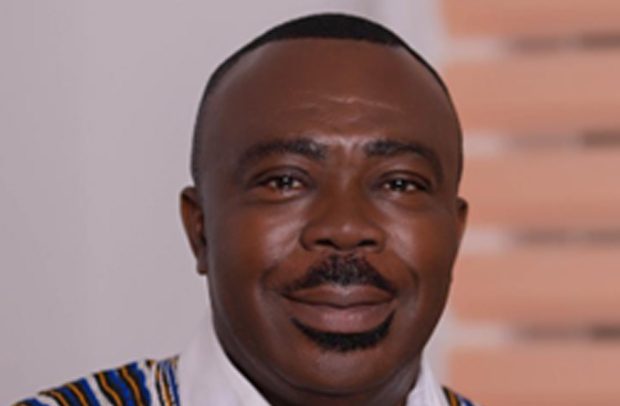Stephen Asamoah Boateng
Minister designate for Chieftaincy and Religious Affairs, Stephen Asamoah Boateng has stated that the country must ensure that the codification and itemization of chieftaincy values, succession plans, and linages are well documented.
Many chieftaincy disputes, he claimed, stem from the lack of these documentations, adding, “We need to get things documented properly so that people don’t circumvent it.”
Mr. Asamoah Boateng, popularly known as Asabee, told members of Parliament’s Appointments Committee on Monday that only six traditional authorities in the country, including Tepa, Awutu Breku, and Hwidiem, had codified their succession plans and linages.
According to him, the institution of chieftaincy is critical and should be preserved by all because it provides citizens with the traditional values and norms they require to live their lives.
He indicated that the work necessitates extensive research, asserting that the Ministry’s research department is one of its most important.
“We need to get things properly documented so that people don’t get around it,” he said.
Asabee said the National House of Chiefs will play a key role in helping various traditional authorities to document and codify succession plans and lineages, noting, “My job is to facilitate this and move.”
He acknowledged that there are numerous chieftain disputes throughout the country, and it is the Ministry’s responsibility to ensure that they are reduced, if not eliminated, to the barest minimum.
For him, the state must bring dignity, respect, and honor to the chiefs and other traditional authorities without making a lot of noise about it.
“It calls for a lot of education and sensitization. The traditional authorities have responsibility under the Chieftaincy Act to try and take out all the old practices and customs that may not be relevant to the modern development era,” he intimated.
“I will work closely with the traditional authorities as well as the Ministries of Local Government and Culture & Tourism to deal with witches’ camps and others,” he added.
On the witches’ camps in the country’s north, the Minister designate stated that it took some time for people to realize that their actions were inhumane, and that some people even believed they were doing the victims a favour by removing them from communities where they would have been lynched.
“But it is not right and we need to, as a nation, deal with this and get rid of it,” he asserted.
By Ernest Kofi Adu, Parliament House


